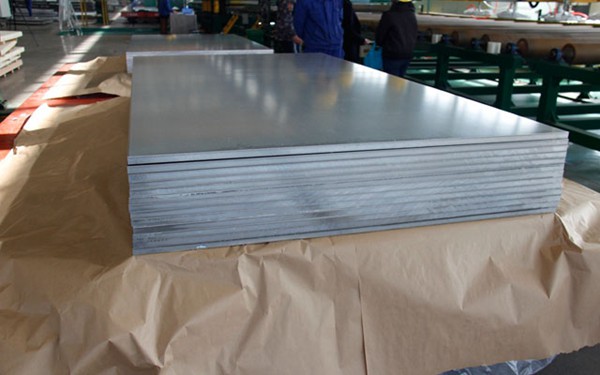1050 aluminium alloy, a versatile material with a multitude of applications, finds extensive use in various industries due to its exceptional properties. This alloy, composed primarily of aluminum (with a minimum purity of 99.5%) and minor trace elements, boasts a range of characteristics that make it highly sought after in the market.

Electrical Conduits:
One of the primary uses of 1050 aluminium alloy is in the electrical industry. Its remarkable electrical conductivity makes it an ideal choice for electrical conduits, wires, and cables. When it comes to transmitting electrical signals efficiently, 1050 alloy is the preferred material.
Cookware and Kitchen Utensils:
1050 aluminium alloy’s excellent thermal conductivity is a key feature appreciated by chefs and homemakers alike. Cookware and kitchen utensils made from this alloy ensure even heat distribution, which is crucial for cooking various dishes to perfection.
Architectural Components:
In the field of architecture, 1050 alloy shines as a reliable material for roofing, cladding, and decorative elements. Its resistance to corrosion makes it suitable for structures exposed to the elements, ensuring long-lasting durability.
Reflective Surfaces:
Thanks to its high reflectivity, 1050 aluminium alloy is extensively used in the production of reflective materials. It is commonly found in mirror surfaces, lighting fixtures, and reflective coatings where its ability to bounce back light is highly advantageous.
Signage and Nameplates:
The ease with which 1050 alloy can be formed and its durability make it a preferred choice for signage and nameplate manufacturing. Whether it’s outdoor signs or industrial labels, this alloy’s properties ensure longevity and readability.
Other Diverse Applications:
- Beyond these core areas, 1050 aluminium alloy has found utility in a wide array of applications, including:
- Heat Exchangers: Its thermal conductivity makes it suitable for use in heat exchangers, which are essential in HVAC systems and industrial processes.
- Packaging: In the food and beverage industry, 1050 alloy is used for packaging due to its hygienic properties and resistance to corrosion.
- Automotive Components: Some automotive parts, particularly those requiring high corrosion resistance, benefit from the use of 1050 alloy.
- Insulation Cladding: In the insulation industry, this alloy is employed for cladding due to its ability to withstand environmental factors.
In conclusion, 1050 aluminium alloy’s versatility, driven by its exceptional electrical conductivity, thermal conductivity, and corrosion resistance, positions it as a valuable asset across multiple sectors. Its impact is felt in our everyday lives, from the wires carrying electricity to our homes to the pots and pans we use in our kitchens, making it an indispensable material in the modern world.
